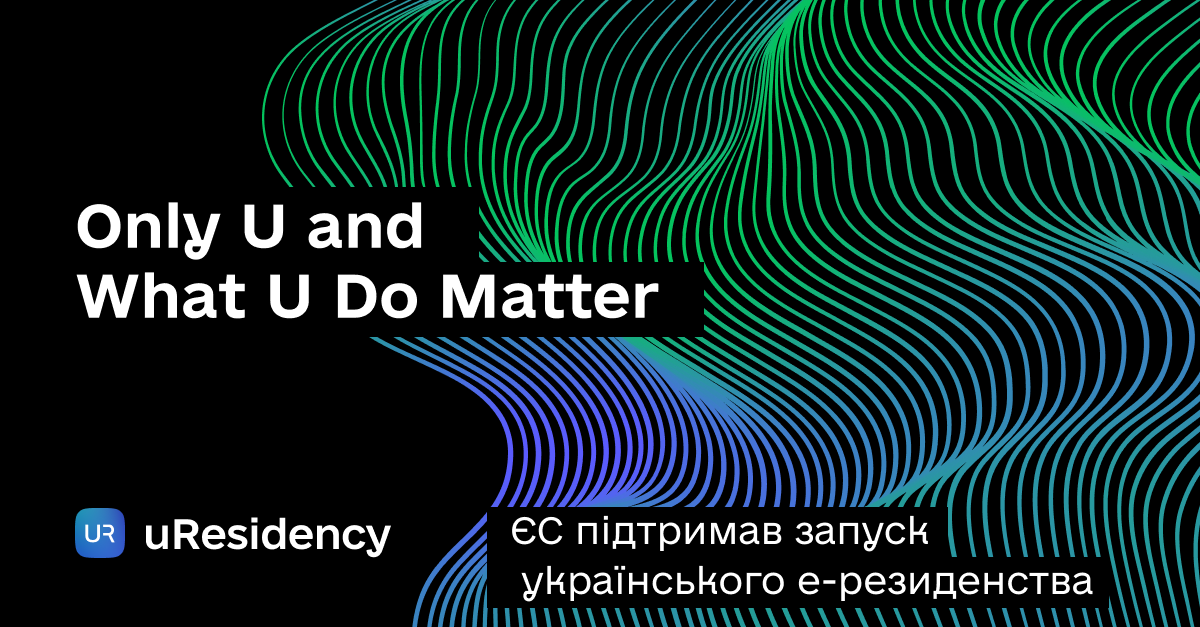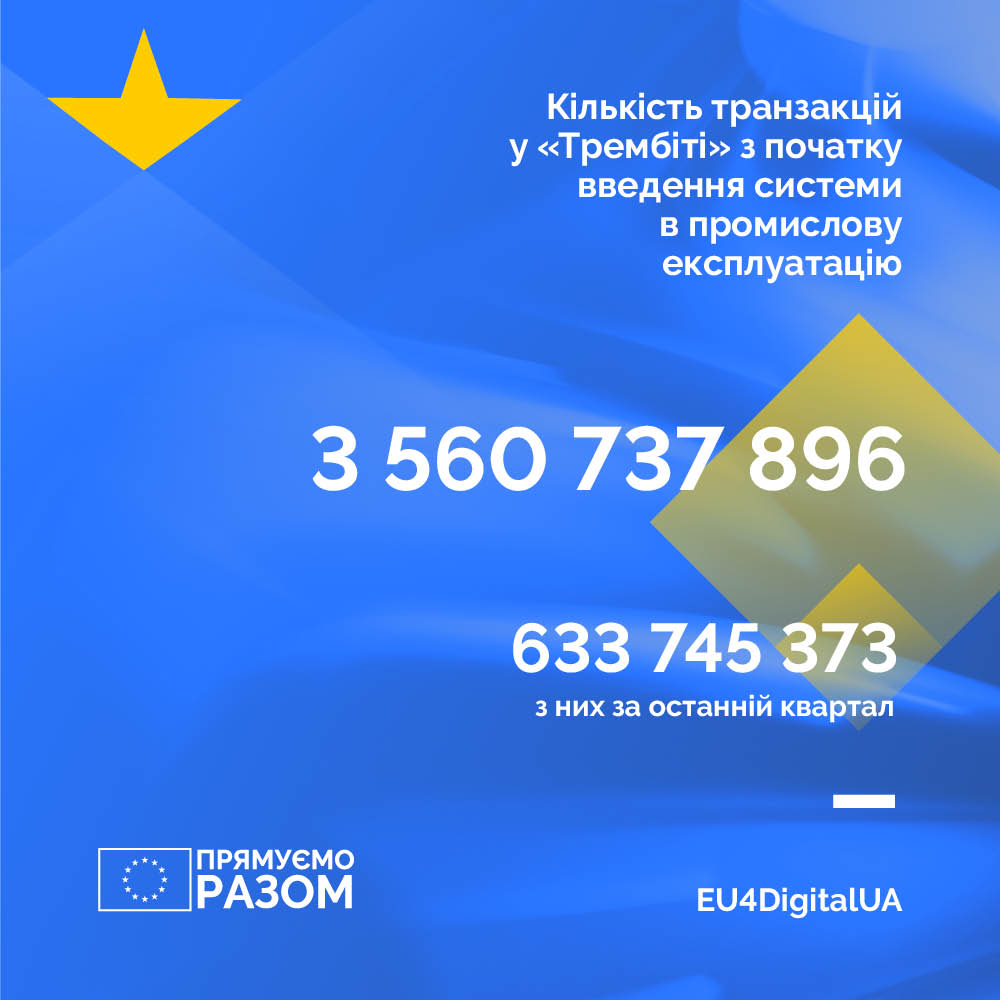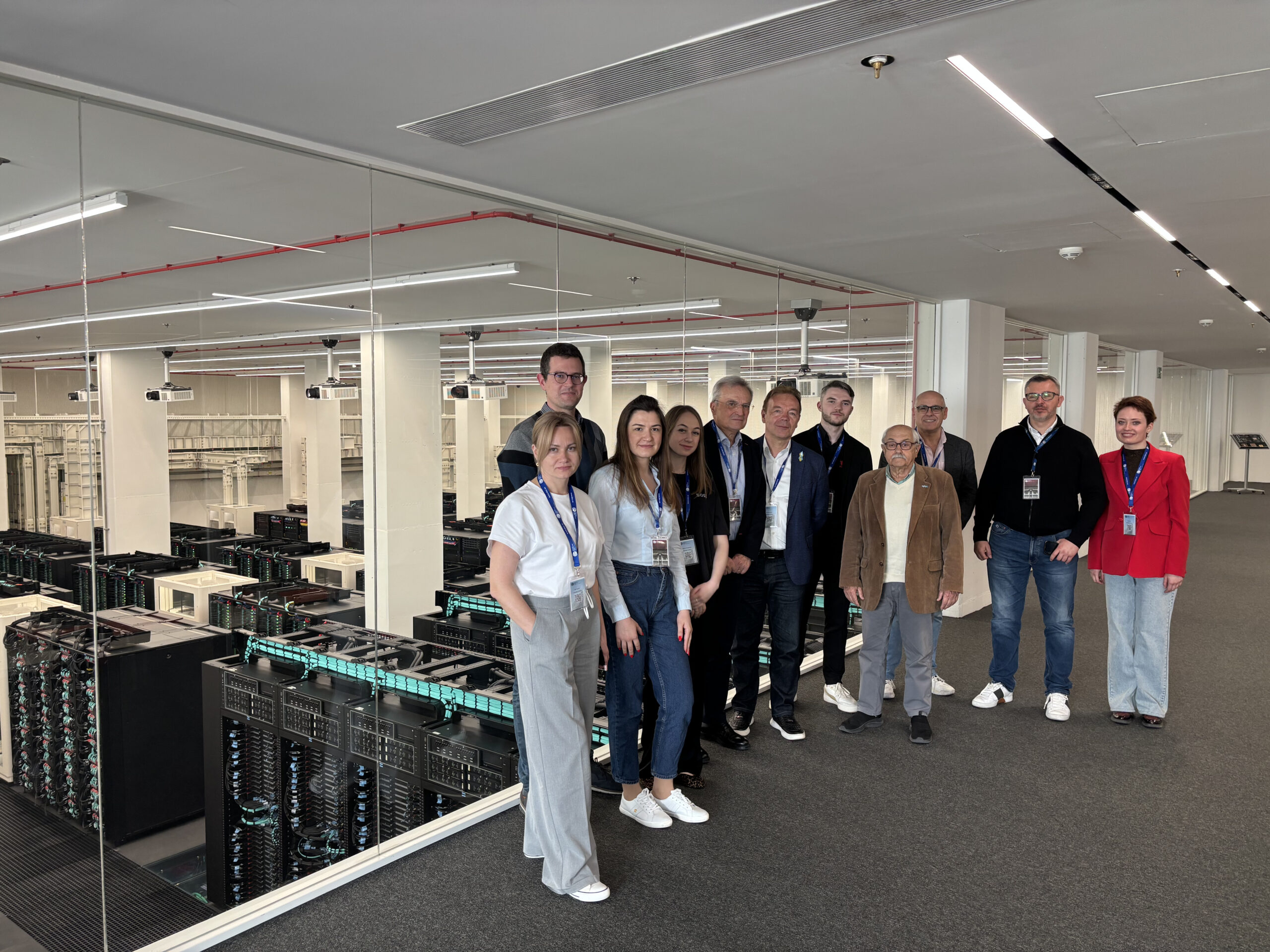
07.04.25
A step towards a new strategy: Ukrainian specialists studied Spain’s experience in chips and semiconductors sector
A delegation of specialists from the Ukrainian Ministry of Digital Transformation and private companies visited leading institutions and companies in Barcelona, Valencia and Madrid last week to gain in-depth insights into the development and regulation of chips and semiconductors. This study visit is part of the EU4DigitalUA project which is funded by the European Union and implemented by FIAP/Spanish Cooperation.
Ukraine is working on a national strategy in the field of semiconductors, including the development of its first legislation aimed at aligning Ukrainian standards with the requirements of the European Chips Act. The experience of Spanish colleagues will be instrumental in this process.
“Following the Government’s resolution that expanded the Ministry of Digital Transformation’s mandate to include robotics, artificial intelligence, and semiconductor technologies, we received a clear directive to shape policy in this area. Work on the first regulatory documents is already underway. Studying European experience — particularly through a study visit to Spain — is helping us effectively adapt Ukrainian approaches to meet the requirements of the European Chips Act and international standards,” noted Valeriya Ionan, Deputy Minister of Digital Transformation for European Integration of Ukraine.
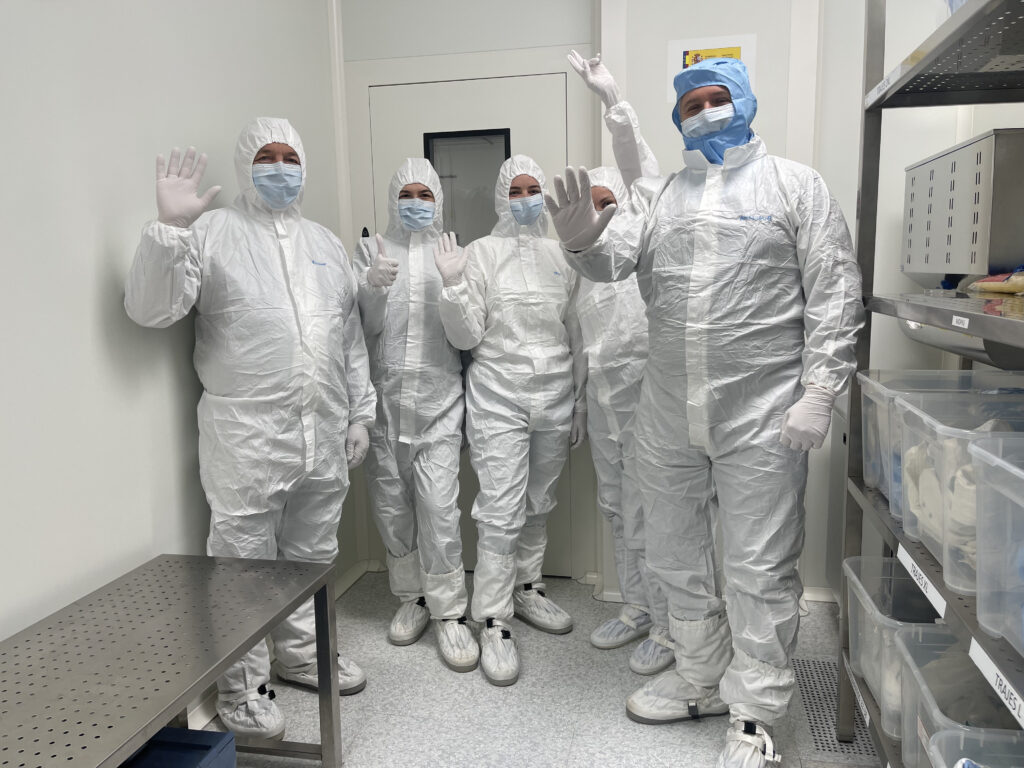
Over the course of four days, Ukrainian specialists visited key scientific centers and technology companies, including:
– Barcelona Supercomputer Center (BSC)
– Institute of Microelectronics (IMB)
– ICFO-Institute of Photonic Sciences
– Valencian Silicon Cluster VaSiC
– DAS Photonics
– Madrid Nano Research Center IMDEA
– Spanish Society for Technological Transformation (SETT)
The Spanish Cooperation is supporting Ukraine in assessing its semiconductor legislation at the European level and conducting a global industry analysis to enhance Ukraine’s positioning in the market. This is one of the objectives of the EU4DigitalUA project, which has involved experts from the Spanish Society for Technological Transformation (SETT), a public entity attached to the Ministry for Digital Transformation and Civil Service of Spain.
“We usually assume that progress in digitalisation requires a fully operational system, representing a higher stage of socioeconomic development. However, Ukraine’s case demonstrates that digitalisation is possible even amidst institutional disruption — just as it is in the midst of war. According to the United Nations index, Ukraine currently ranks fifth in the world for digital government, having risen from 102nd place in less than 10 years,” said Miguel Ángel Lombardo, EU4DigitalUA coordinator at FIAP.
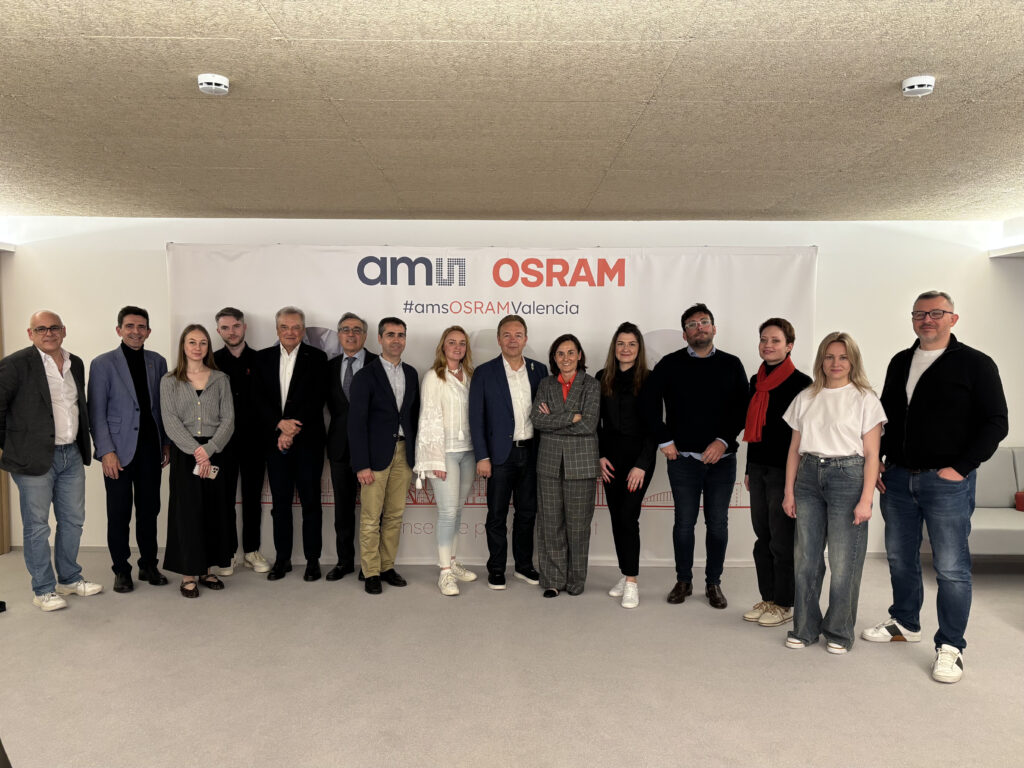
The study visit provided Ukrainian specialists with a comprehensive overview of Spain’s semiconductor industry and regulatory framework, strengthened institutional relations, and facilitated new partnerships with companies to drive innovation and technological development in Ukraine.
Read more about Ukraine’s plans to revive the semiconductor and microcircuit industry in the material at the link.
The visit was carried out within the framework of the implementation of the WINWIN sectoral strategy for the development of the semiconductor industry.
FIAP (Foundation for the Internationalisation of Public Administrations) supports the construction of public systems in more than 120 countries. FIAP does this by promoting public talent and the exchange of knowledge between peer institutions in different countries. As a public foundation, FIAP’s work is part of Spanish and European foreign policy.
Similar news
European Union supports the launch of uResidency: foreigners will be able to become Ukrainian e-residents
The European Union, through its EU4DigitalUA and DT4UA projects, has supported the development and launch of the uResidency – Ukrainian e-residency programme. Thanks to uResidency,...
Trembita.gov.ua – report for the 3rd quarter of 2023
Trembita has been operating despite the war and has already completed more than 3.5 billion transactions The EU4DigitalUA project presents the third quarterly report for...

